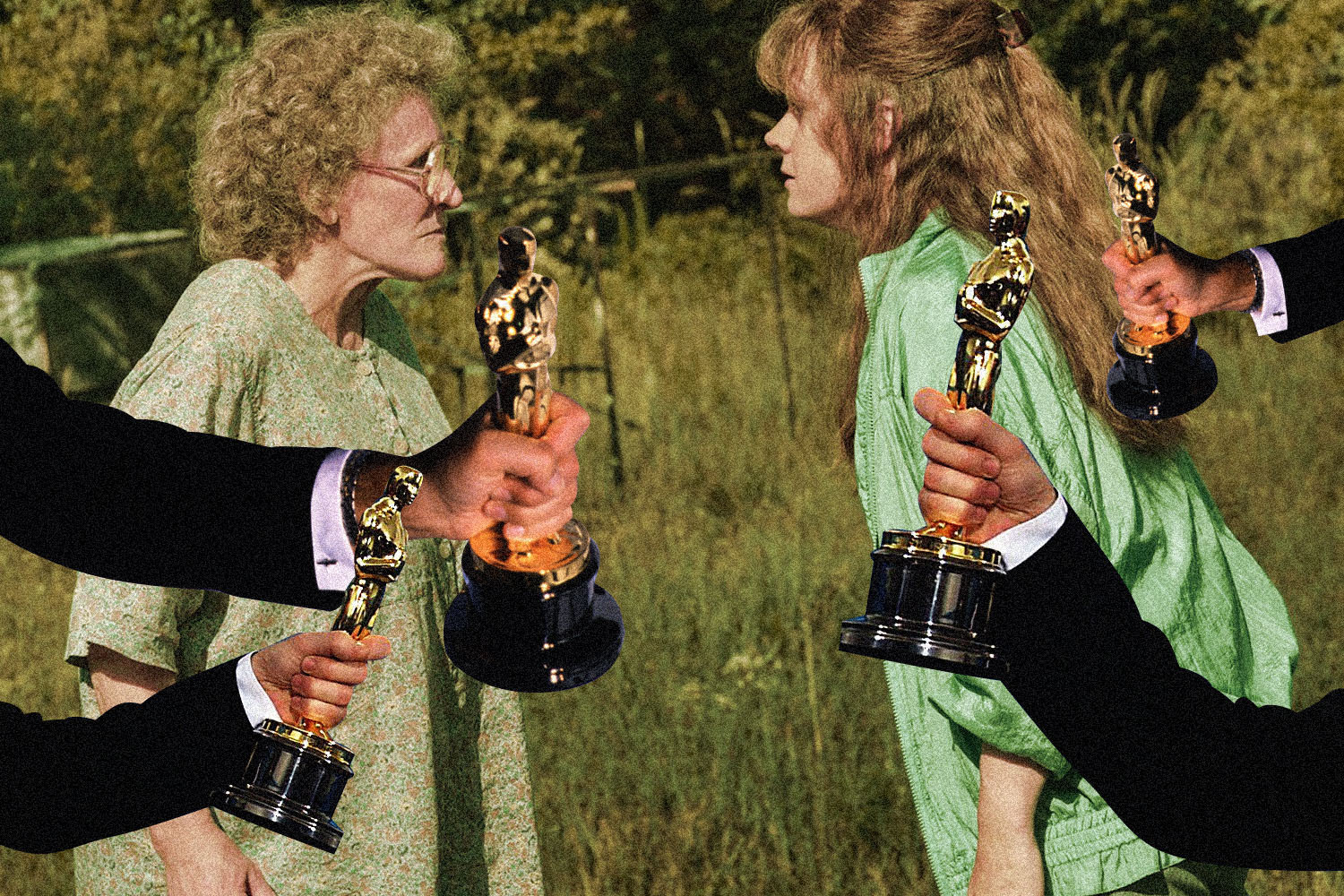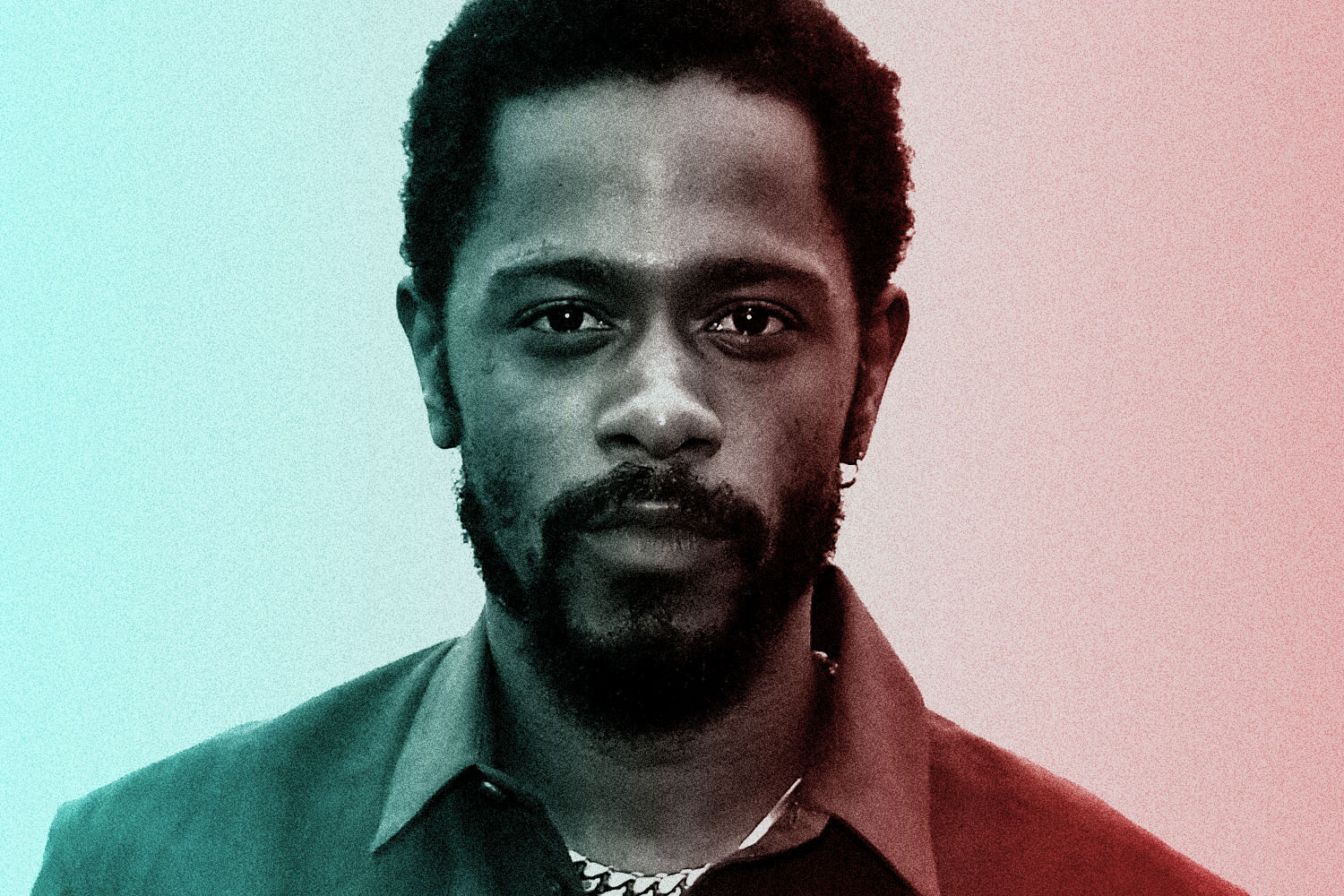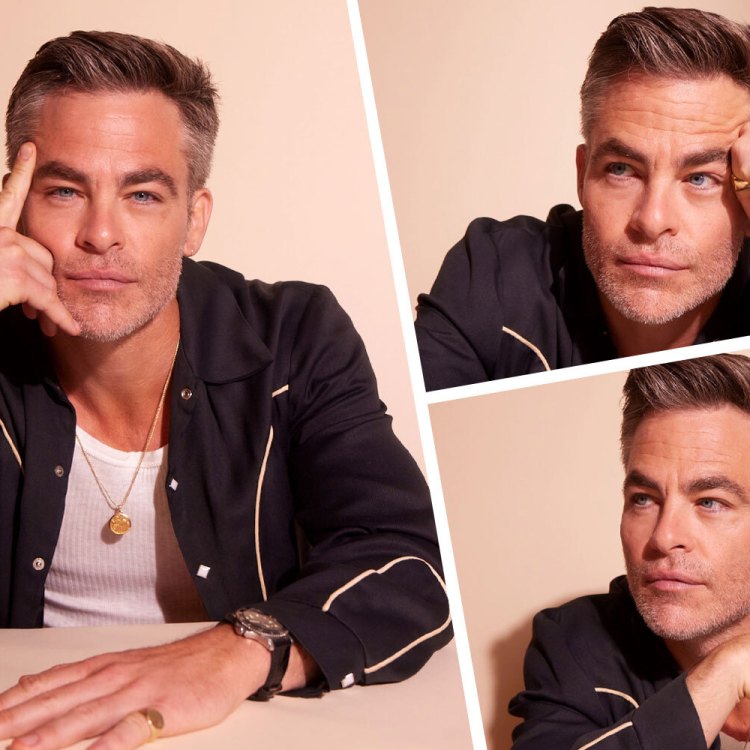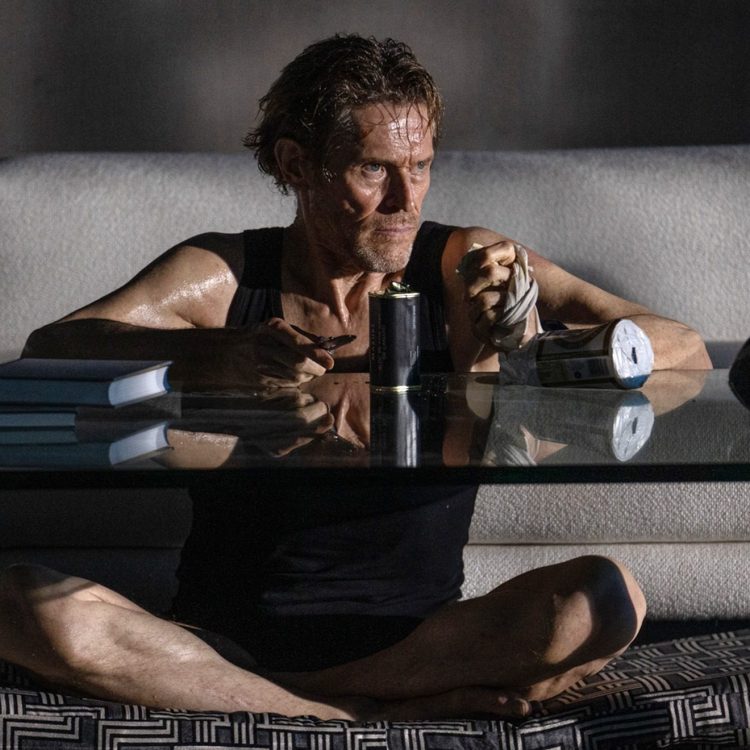We barely had time stop thinking about last night’s Grammy Awards before the Oscars swooped in and shifted our focus from one awards show to the next with the announcement of this year’s nominations. As always, there were some snubs, some pleasant surprises (more diversity and inclusivity!) and some real head-scratchers (if Lakeith Stanfield and Daniel Kaluuya are both nominated for Best Supporting Actor for Judas and the Black Messiah, who does the Academy think is the “lead” in that movie?).
We were fully expecting these Oscar nominations to be a little out of the ordinary due to the new eligibility rules instituted as a result of COVID-19 and the general lack of big-budget dramas that were released, which allowed movies like Borat Subsequent Moviefilm to get a little more love from the Academy than they would in a normal year. By and large, this year’s Oscar nominations did a much better job than the Golden Globes of seizing the opportunity to honor movies and filmmakers that are traditionally overlooked — though of course, we’ll have to wait until the ceremony airs on April 25 to find out how many of those will actually take home any hardware.
Until then, here are our biggest takeaways from this year’s nominations.
No Love for Da 5 Bloods
If it weren’t for its nomination in the Original Score category, we’d have to assume the Academy simply forgot that Spike Lee’s masterful Da 5 Bloods came out this year. But instead, it appears that they remembered and just chose to overlook the film — considered by many to be Lee’s best work in decades — in nearly every category, including Best Picture, Best Director and all of the acting categories. The latter is especially egregious considering the absolute powerhouse of a performance Delroy Lindo delivers as a PTSD-riddled Vietnam vet who returns to the country decades later to retrieve the body of his fallen comrade.
Director Barry Jenkins joined the chorus of those crying foul online over Da 5 Bloods‘s snub, sharing a photo of his Oscar in front of a screen with Lindo on it and writing, “I took this pic eight or so months ago but decided not to tweet it. If you had told me that by March 2021 it would be irrelevant I would’ve thought you crazy. An ass outta me.”
Overall, plenty of improvements…
Despite the inexplicable Da 5 Bloods snubs, this year’s nominations left us with much to be excited about overall. For the first time in history, two women were nominated in the Best Director category (Emerald Fennell for Promising Young Woman and Chloe Zhao for Nomadland). Yes, that’s right: it only took 93 years for the Academy to recognize more than one female director at the same ceremony. Zhao also makes history as the first woman of color to be nominated in the category.
Meanwhile, nine out of the 20 acting nominations went to BIPOC performers. There’s obviously still plenty of room for improvement, but given that the nominees were all-white as recently as 2015 and 2016, it’s good to see that the Academy has begun the work of diversifying its ranks and honoring deserving actors of all backgrounds. That’s especially apparent in the Best Actor race, where Steven Yeun (Minari) becomes the first Asian-American and Riz Ahmed (Sound of Metal) becomes the first Muslim to be nominated in the category. Viola Davis also makes history with her Best Actress nod for Ma Rainey’s Black Bottom, becoming the most-nominated Black actress of all time with her four career nominations. She also becomes the only Black woman to be nominated for Best Actress twice.
…but the Academy still loves old-fashioned Oscar bait
But for all the reasons to celebrate this year’s nominations, there were still a few signs that the Academy remains stuck in its old ways. For one, the old rule that the easiest way to earn an Oscar nomination is to make a movie about Hollywood still rings true. Mank, David Fincher’s take on the story of Citizen Kane co-writer Herman Mankiewicz, earned more nods this year than any other movie with 10, including Best Picture, Best Actor (Gary Oldman) and Best Director. It’s exactly the kind of ode to Old Hollywood that the Academy loves to throw trophies at, and it’s proof that for all the talk about inclusivity and representation, Oscar voters will still go bananas for a movie about a bunch of white people making a movie.
Glenn Close’s nomination for Netflix’s Hillbilly Elegy is also proof that Oscar bait still works on the Academy voters. Though the movie was critically panned, Close’s accent, fat suit and facial prosthetics helped earn her a nod for her role as Mamaw, just days after she earned a Razzie nomination — singling her out as one of the year’s worst performances — for the same role. However, in the Oscars’ defense, they’re not the only awards show who didn’t find Close’s hillbilly performance to be condescending or stereotypical. She was also nominated for a Golden Globe, a Screen Actors Guild Award and a Critics Choice Award for the role.
This article was featured in the InsideHook newsletter. Sign up now.





















